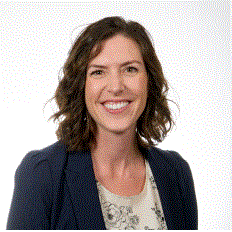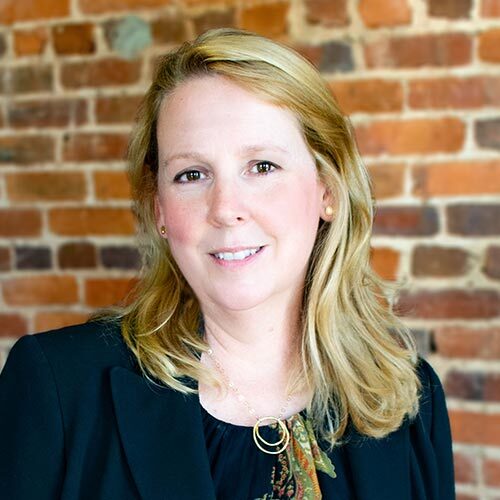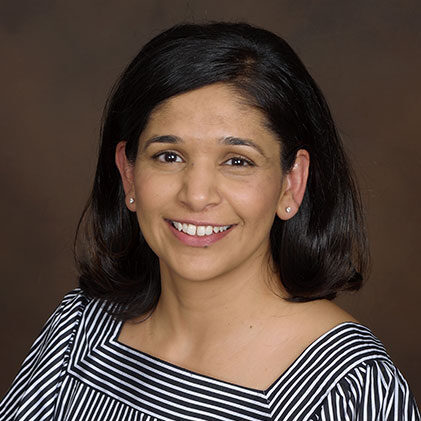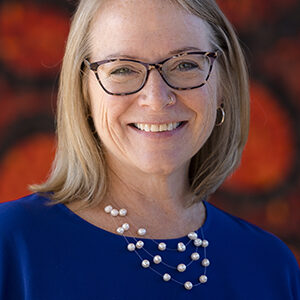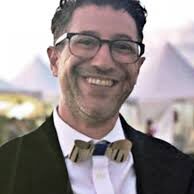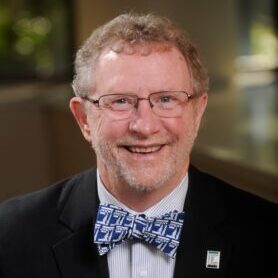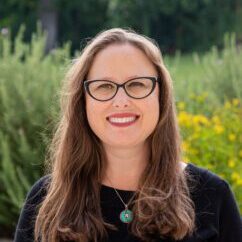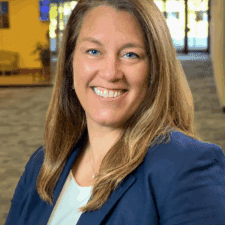The Council for Credential Innovation (CCI) is the body for senior leaders charged with driving non-degree credential strategy at the unit or campus level, and key thought leaders from other nonprofit organizations and companies that are actively contributing to the development of the alternative credential space. The Council and its leadership are focused on leveraging the strategic potential of non-degree credentials and noncredit education and training to transform institutions of higher education as well as the talent marketplace.
Council Membership
Each UPCEA member institution has the opportunity to identify a representative to the Council for Credential Innovation — a campus leader when it comes to thinking beyond degree programs and credit hours, whether at the unit, college, or institutional level. Institutional representatives are able to attend the invite-only events and participate in other exclusive content hosted by Council for Credential Innovation. In addition, select nonprofit partners and corporate partners engaged in alternative credentials are invited to identify one individual to participate in the Council. If you would like to update or add your institution's representative to the Council, email [email protected].
Council Charge
The CCI Leadership Team supports online and professional education leaders as they seek to advance and develop quality non-degree or alternative credentials in higher education. The CCI focuses on thought leadership and strategies that support innovation and lasting change at the institutional level. The Council provides a forum for senior leaders at postsecondary institutions to engage and learn more about non-degree or alternative credentials and the value they have for learners and employers. The Council fosters opportunities to collaborate at the institutional level to expand and accelerate adoption and implementation of credential innovation.
Our Work
The non-degree credential space is noisy yet emerging as an important area of growth for institutions, a viable educational pathway for learners, and can signal skills and competencies necessary in the workforce. The Council, inclusive of representatives from institutions and non-profits, is organized around three subcommittees:
- Research - This subcommittee engages in regular reviews of new literature/studies on postsecondary non-degree credentials with the goal of dissemination research that informs institutions. Occasionally, after having noticed a gap in research, this group will encourage/support new research conducted by UPCEA (sometimes in collaboration with other groups).
- Standards and Terminology - This subcommittee seeks to identify seminal work, new and best practices, and terminology in the non-degree space, providing an opportunity to standardize aspects of non-degree credentials.
- Landscape Mapping and Analysis - This subcommittee works to provide models and examples on aspects of non-degree credentials from institutions delivering alternative credentials.
2025-2026 Council for Credential Innovation Leadership
The Council for Credential Innovation Leadership is a volunteer group made up of CCI representatives from UPCEA member organizations.
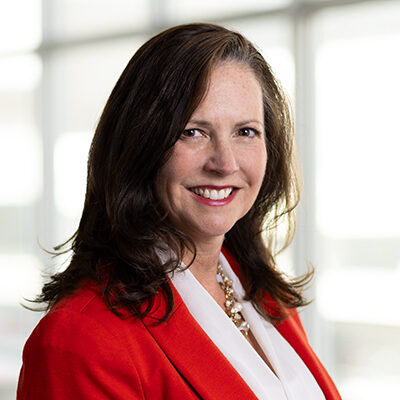
Sheila
LeBlanc
CO-CHAIR
Associate Vice-President, Continuing Education
University of Calgary
[email protected]
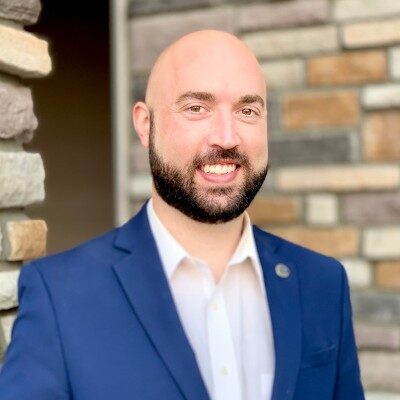
Mike
Macklin
CO-CHAIR
Associate Vice Chancellor for Academic Affairs and Workforce Development
Colorado Community College System
[email protected]

Doris Savron
CO-CHAIR
Vice Provost - Colleges, Assessment and Curriculum
University of Phoenix
[email protected]

Kristine
Bowman
Associate Dean, Academic & Student Affairs, Professor of Law, Professor of Education Policy
Michigan State University
[email protected]

Benjamin Brand
Senior Director, New Ventures, Digital Strategy and Innovation
University of North Texas
[email protected]
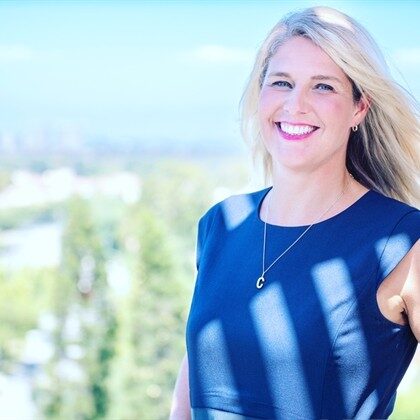
Kristine Collins
Dean, Division of Continuing Education
University of California, Irvine
[email protected]
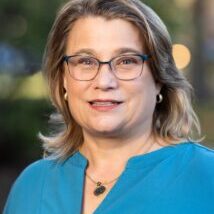
Amy Feest
Senior Director of Continuing and Online Education
Southern Connecticut State University
[email protected]

Amanda Harding
Director, Strategic Initiatives & Partnerships | Office of Learning Innovation
Vanderbilt University
[email protected]
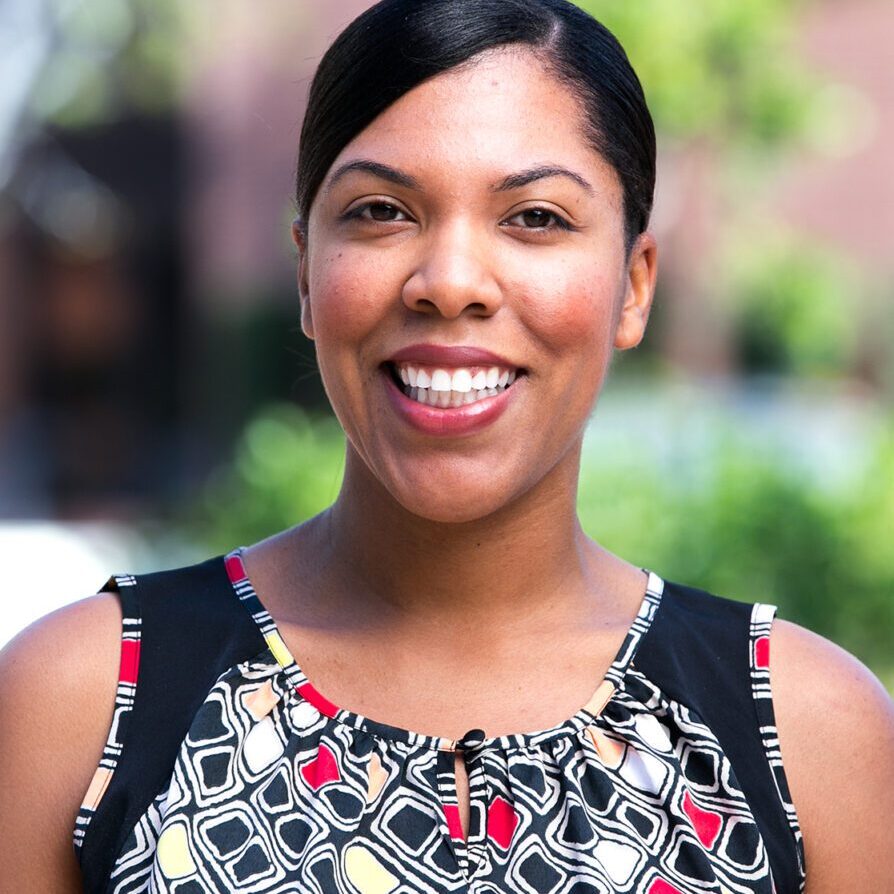
Candace House Teixeira
Associate Dean, Corporate Engagement and Programs, Viterbi School of Engineering
University of Southern California
[email protected]
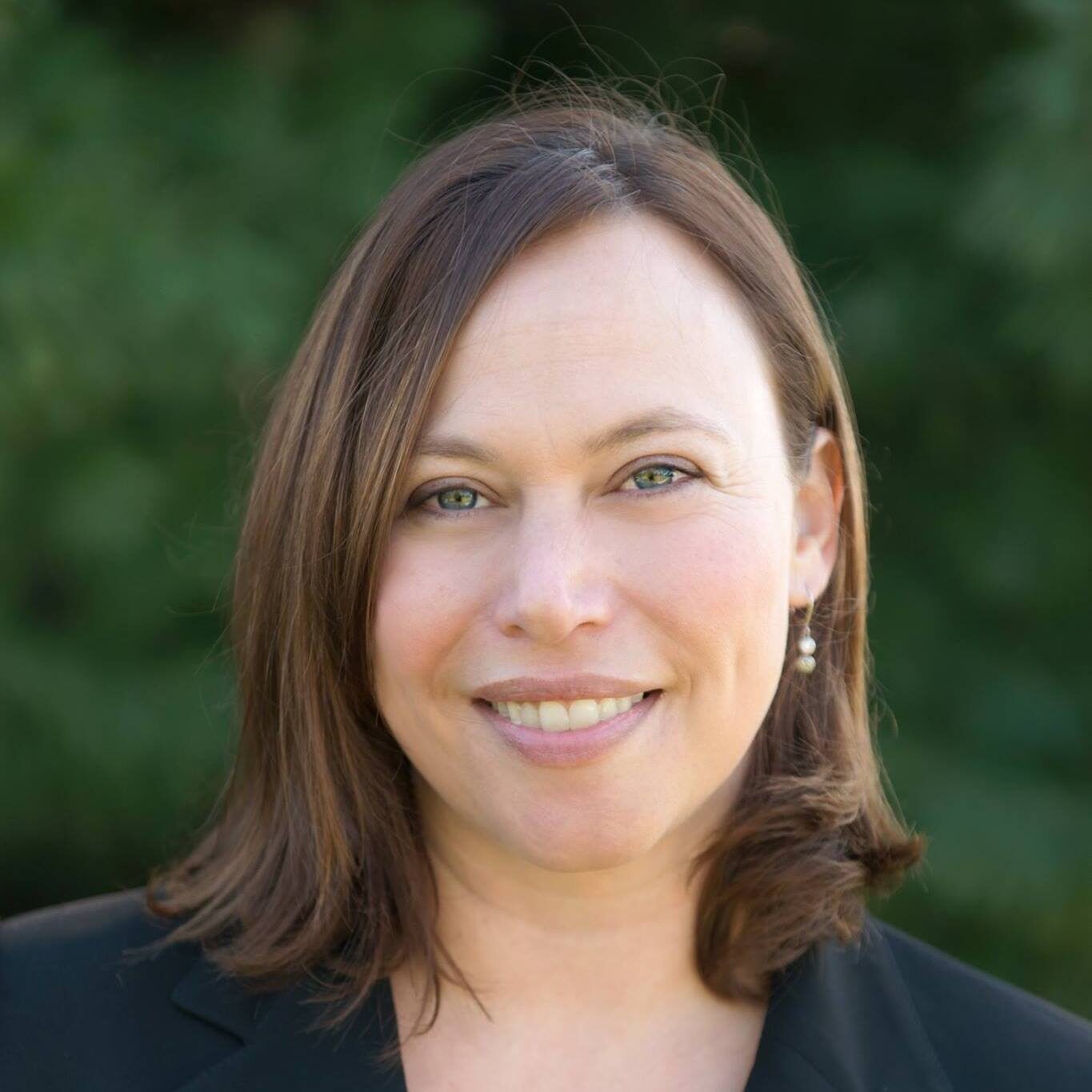
Allison Jones
Assistant Vice Provost, Program Innovation and Partnerships
University of Maryland, Baltimore County
[email protected]

Carissa Little
Associate Dean, Stanford Engineering Center for Global & Online Education
Stanford University
[email protected]
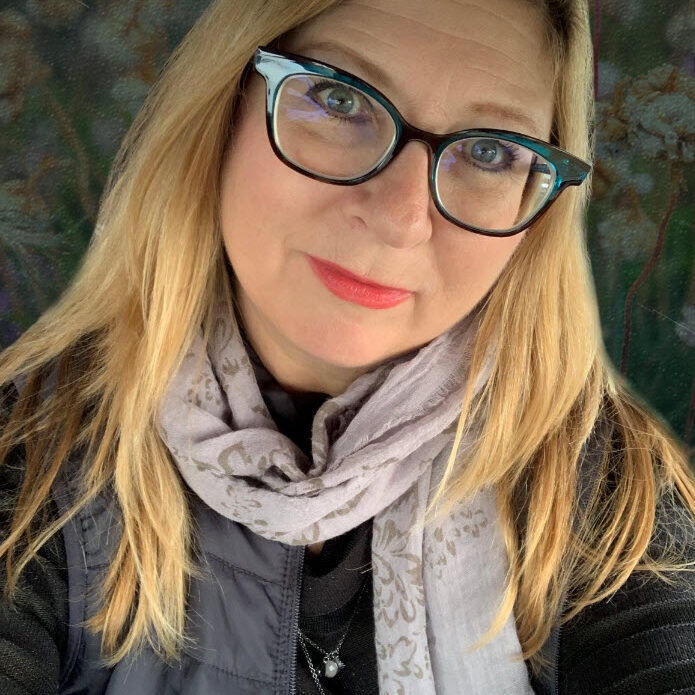
Sallie Reissman
Assistant Vice President & Dean for Academic Affairs
Wilmington University
[email protected]
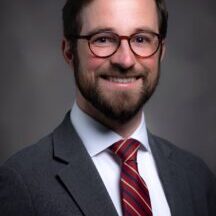
Jack Rodenfels
Director, Non-Degree Credential Innovation
North Carolina State University
[email protected]
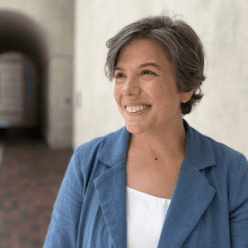
Allison Ruda
Associate Dean, Education Design & Curriculum Innovation
Northeastern University
[email protected]

Clare Van Ness
Interim Dean, Regional & Continuing Education
California State University, Chico
[email protected]

Amy Heitzman
Ex Officio
Deputy Chief Executive Officer & Chief Learning Officer
UPCEA
[email protected]

